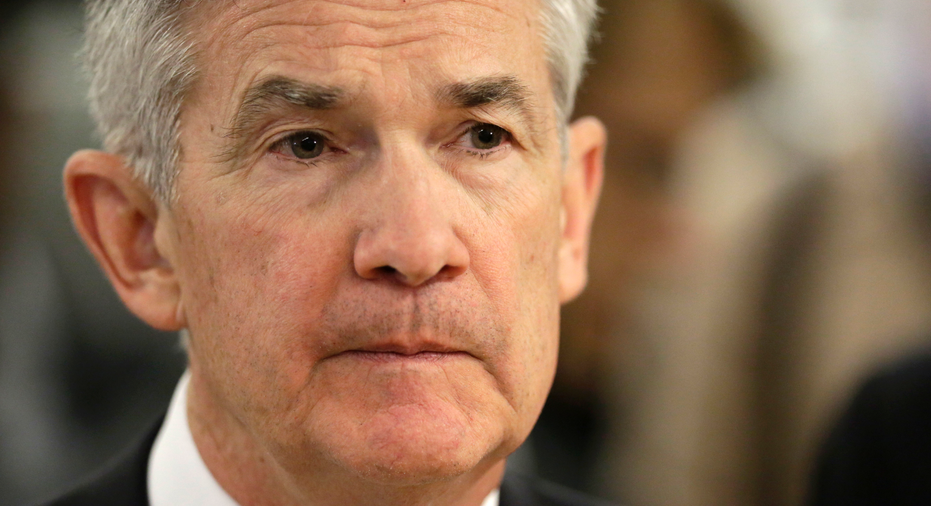Fed minutes: Another rate hike likely 'soon'

WASHINGTON – Federal Reserve officials earlier this month suggested that another rate hike was on the way soon, while also noting several risks facing the economy, ranging from rising wage pressures to potential harm from the Trump administration's trade policies.
The minutes of the Fed's May 1-2 meeting released Wednesday showed that officials were generally upbeat about the prospects for the economy and said that the next rate hike would "likely soon be appropriate." Many economists expect that hike to happen at the next meeting in mid-June.
Officials expressed optimism about prospects for growth and further employment gains this year. But they also talked about "a number of risks and uncertainties," including fallout from the administration's get-tough trade policies, the minutes showed.
The Fed left its key policy rate unchanged at the May meeting. The Fed last raised rates in March. At that meeting, officials indicated they expected to raise rates a total of three times this year, matching the number of rate hikes in 2017.
Some economists have begun to forecast that the Fed will end up raising rates a total of four times this year. These analysts believe that faster economic growth — fueled by $1.5 trillion in tax cuts approved by Congress in December — and steadily falling unemployment will put upward pressure on inflation.
But other analysts viewed the minutes as striking a more balanced tone about how many rate hikes will be needed this year. They suggest that, even with a rate hike in June, the Fed may be content with only three for the entire year.
"Nothing in the minutes suggests that anything other than the gradual pace of policy tightening will continue," said Ellen Zentner, chief economist at Morgan Stanley.
The Fed noted that inflation, by its preferred gauge, had in March finally hit the central bank's goal of annual increases of 2 percent, the minutes showed. The minutes called this a "symmetric target," the phrase officials have been using to indicate that they would be comfortable letting inflation run above that 2 percent level for a time, given the number of years the Fed has failed to achieve its target.
The minutes noted that business contacts in a number of Fed districts were expressing "concern about the possible adverse effects of tariffs and trade restrictions." The worries included a possible postponement of capital spending plans by companies concerned about how a trade war might affect their businesses.
The Trump administration has imposed tariffs on steel and aluminum imports and has also threatened to impose tariffs on up to $150 billion in Chinese products. Beijing has threatened to retaliate with tariffs on U.S. goods, including farm products such as soybeans.
President Donald Trump has sought to stake out a tougher approach on trade in an effort to achieve his goal of dramatically shrinking America's huge trade deficits, which he has blamed for the loss of millions of U.S. factory jobs.
"It was noted that the potential for higher Chinese tariffs on key agriculture products could, in the longer run, hurt U.S. competitiveness," the minutes said.
The minutes were released with the usual three-week delay. The next meeting will take place on June 12-13.



















